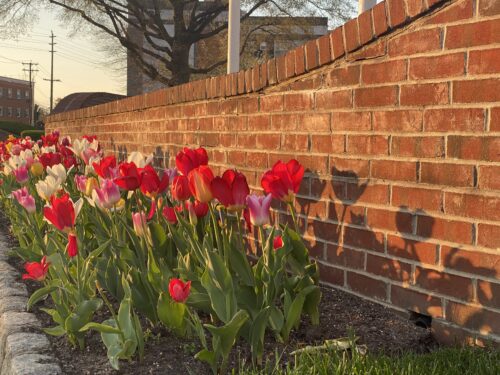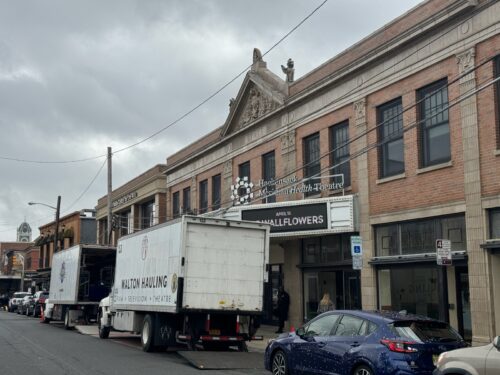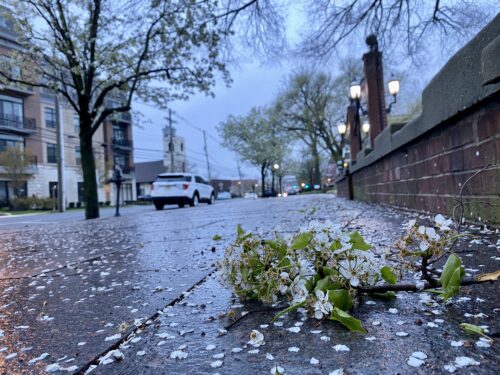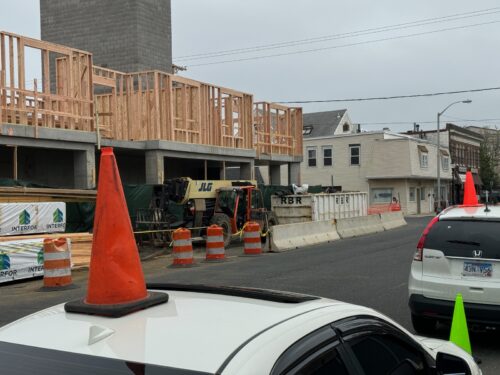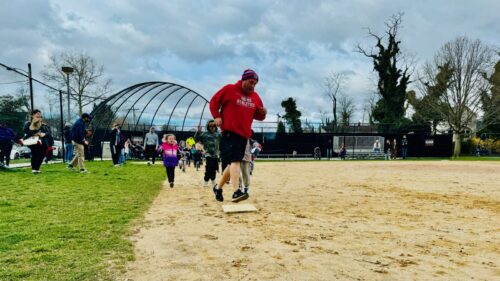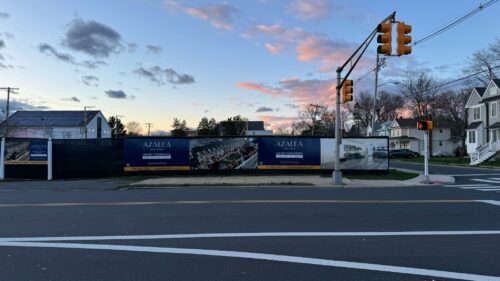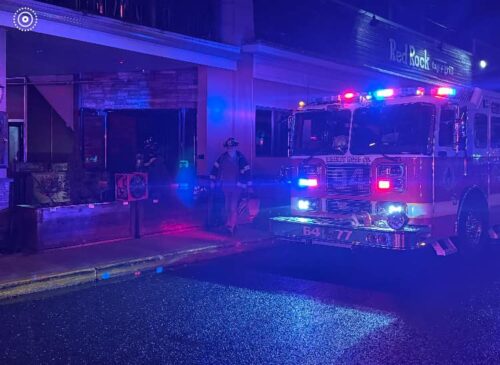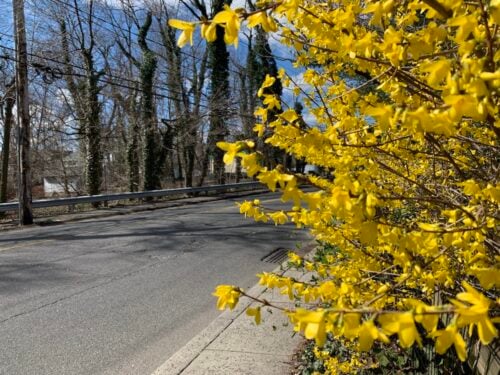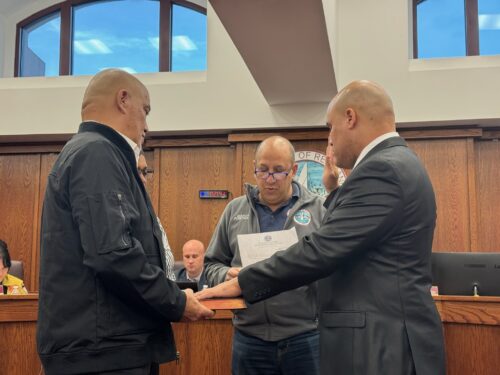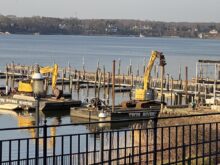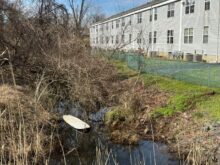
The impact of three years of infrastructure emergencies will be reflected in the next round of water bills to Red Bank users.
The borough council last night approved a 10-percent increase in water charges, to to $4.84 per 100 cubic feet used, from the current $4.40. Quarterly fees based on the size of the water line serving each property also rose in the case of the typical household, to $40 per quarter, from $30.
Sewer fees, which are tied to water usage, thus also went up, though the rate 120 percent of the quarterly water charge did not change for customers served by the municipal water system. Those who get water from any other source would pay a higher rate for sewer service.
Download water_sewer_fees.pdf
But officials, led by Councilman Art Murphy, sought to make the case that Red Bank’s water charges are competitive with, if not better than, those of New Jersey American Water Co., which services Fair Haven, Little Silver and other nearby towns.
Even with the increase, “The rate is significantly lower than what New Jersey American would charge” after one factors in a 21-percent rate increase that the private supplier has asked state regulators to approve, Murphy said.
Borough Engineer Rich Kosenski bolstered that argument. He said the typical household uses 7,000 gallons of water per month. At pre-increase levels, that equated to $51.14 per month for Red Bank homes and $51.94 for customers supplied by NJA.
But taking into account Red Bank’s new rate and NJA’s proposed rate, the monthly costs would rise to $58.58 and $63.87, respectively.
Borough Administrator Stanley Sickels further noted that NJA charges a $100-per-hydrant rental fee that is apportioned among a town’s users. Red Bank, which has about 300 fire hydrants, doesn’t impose that surcharge.
“The Borough of Red Bank is in line with” NJA, said Murphy. “We’re actually doing better.”
The rate increase was needed, he and other officials said, because of water- and sewer-line emergencies that have led to $6.38 million in long-term bonding.
“We have infrastructure issues,” Murphy said.
No members of the public rose to address the ordinance during the public hearing.



